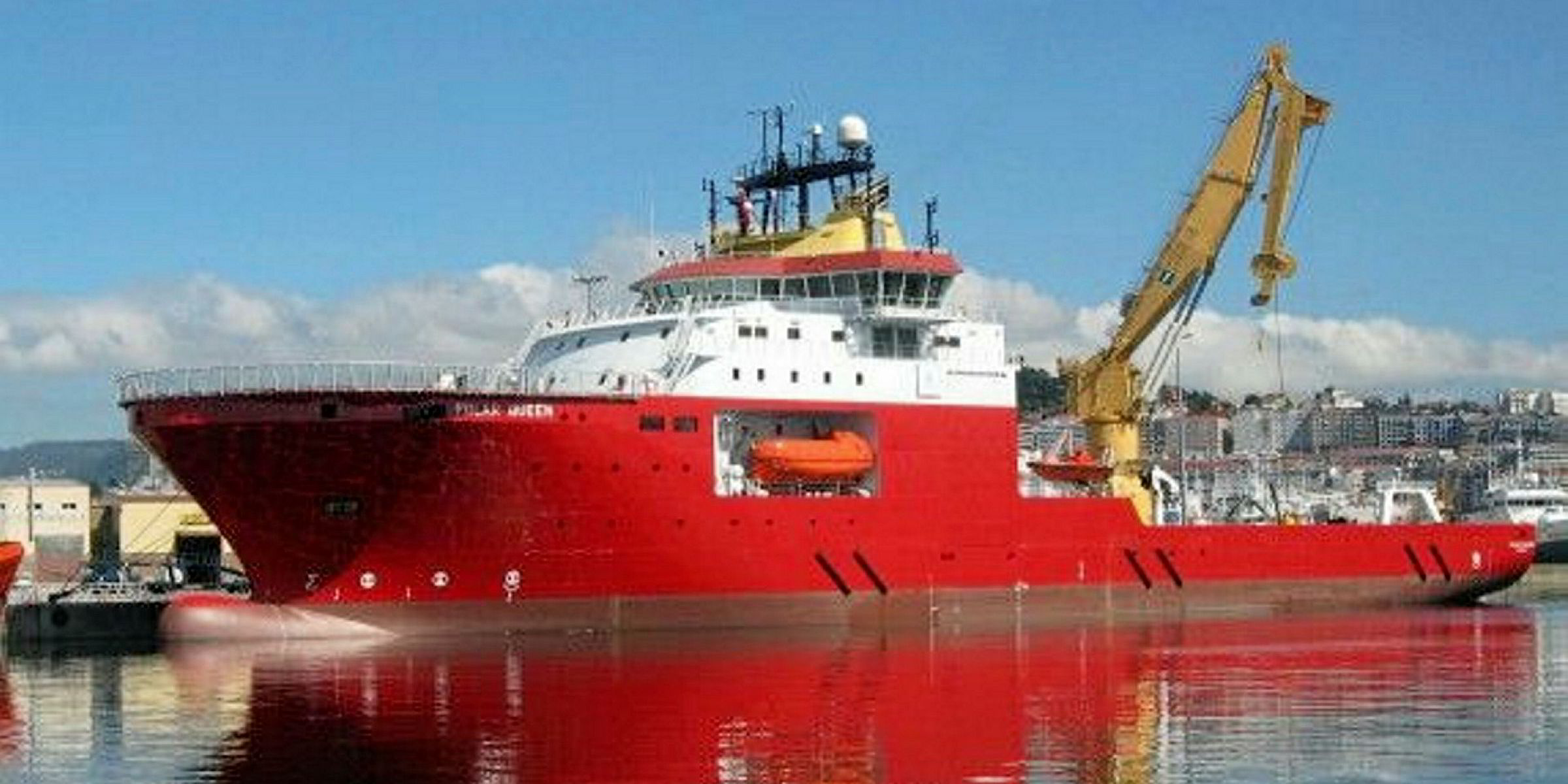Overseas owners have been warned of "significant" operating risks in Saudi Arabia if a new maritime law is not adhered to.
The kingdom has introduced its first bespoke commercial shipping regulations as part of its shipping and logistics drive through to 2030.
But one of the provisions of this new law is that non-Saudi offshore support vessels are not allowed to undertake towage, pilotage, supply services and coastal transport activities within its waters without an exemption licence from the president of the Public Transport Authority (PTA), global law firm Clyde & Co said.
"This provision is quite significant as it applies to all OSVs, the majority of which operating in the kingdom are not Saudi-flagged," a report written by partner Robert Lawrence, legal director Khurram Ali and associate Ahmed Alhudaiti said.
'Significant' consequences
They warned of a "potentially quite significant" effect from a financial and commercial perspective if owners are in breach of this requirement.
Companies can be fined between SAR 2,000 ($533) and SAR 50,000, but the ship could also be detained, although this is not provided for in the maritime law, Clyde & Co said.
The OSV might also be refused clearance to leave Saudi waters, it added.
Another key change could come in relation to limitation of liability.
The new law states: “The liability of the owner of the vessel shall be limited pursuant to the limitation of liability in international maritime conventions to which Saudi Arabia has acceded.”
In 2018, the kingdom acceded to the 1976 Convention on Limitation of Liability of Maritime Claims (LLMC) and to the 1996 Protocol.
Although the 1976 LLMC and the 1996 Protocol have yet to be enacted via a royal decree, the maritime law arguably gives them the force of law/status of a statue and therefore any limitation of liability should be calculated as per the 1996 Protocol, the law firm said.
However, limitation of liability is generally not allowed under sharia law, which is the overarching law of the kingdom.
"Accordingly, it remains to be seen if the courts of the kingdom will apply the limitation of liability as per the 1996 Protocol, or at all," Clyde & Co wrote.
"That said, the courts of the kingdom have previously upheld limitation provisions in bills of lading on the basis that the parties are free to contract and did expressly negotiate the said provisions."
Dramatic shift may be ahead
"Should the kingdom's courts enforce the 1996 Protocol, this will see a dramatic shift in the kingdom's liability regime and will be a fundamental game changer for shipowners and operators alike," the firm wrote.
Clyde & Co said the country's ambition and projects set out in its Vision 2030 plan made it necessary to update maritime regulations.
The law replaced the Commercial Court Law, which was published in 1931, based on the Ottoman Commercial Code.
"The maritime sections of the Commercial Court Law were brief and arguably not suited for modern day shipping," the law firm said.
For a vessel to be flagged in Saudi Arabia, it must now be registered at one of its ports and wholly owned by a Saudi national or a company that is 100% owned by a Saudi national.
Alternatively, if the vessel has multiple owners, the majority of the shares must be owned by a Saudi national.






